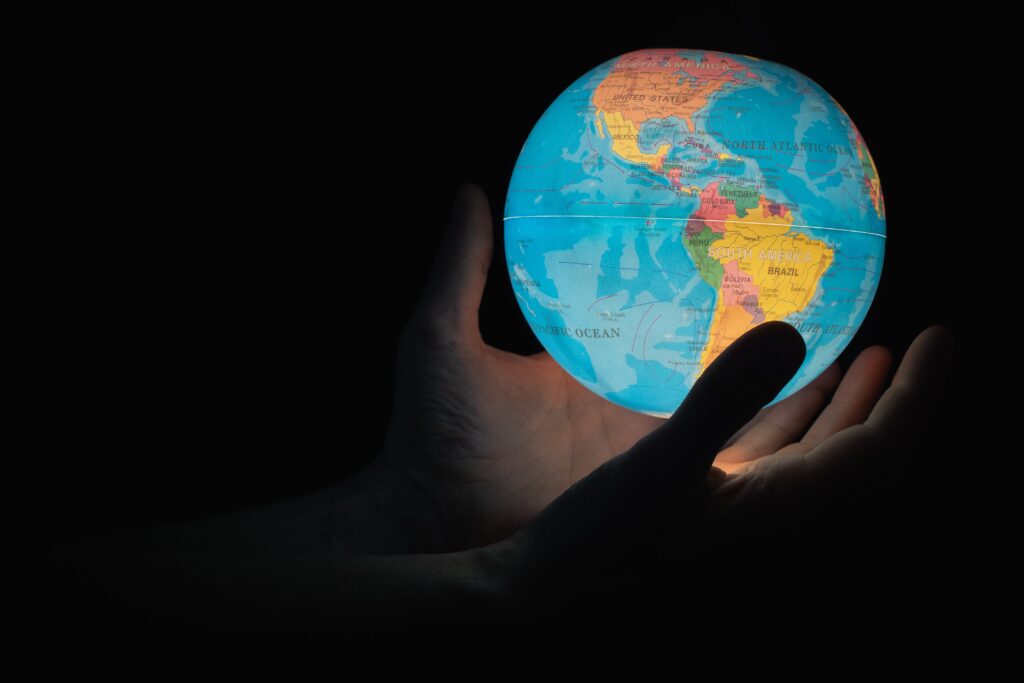
In an increasingly interconnected world, where people, information, and ideas flow seamlessly across borders, the role of translation has become more crucial than ever before.
Translation serves as the bridge that connects diverse cultures, languages, and societies, enabling effective communication and fostering mutual understanding on a global scale.
From diplomacy and business to literature and technology, translation plays a pivotal role in shaping our modern world.
Cultural Exchange and Understanding
Translation plays a pivotal role in promoting cultural exchange and fostering cross-cultural understanding. It allows people to access literature, art, music, and historical records from around the world, broadening their horizons and deepening their understanding of human experiences beyond their own cultural context.
This not only enriches the diversity of creative expression but also enables people to gain insights into different perspectives, traditions, and ways of life, fostering empathy and tolerance in an increasingly diverse world.
Translating literature, in particular, allows stories and ideas to transcend language borders, providing readers with the opportunity to explore worlds they might not have otherwise encountered. Classic works of literature such as “Don Quixote,” “War and Peace,” and “One Hundred Years of Solitude” have reached global audiences through skilled translation, enriching the cultural tapestry of societies around the world.
Economic Opportunities and Business Expansion
In the realm of business, translation is an essential tool for companies seeking to expand their operations internationally.
Effective communication is the foundation of successful business relationships, and accurate translation ensures that marketing materials, contracts, product information, and customer support are accessible and understandable to a global audience. Adapting content to local languages and cultures not only improves customer engagement but also builds trust and credibility, ultimately leading to increased market share and revenue.
Miscommunication in international business can have severe consequences, including lost opportunities, damaged reputations, and legal disputes. Accurate translation ensures that negotiations, contracts, and agreements are clearly understood by all parties involved, reducing the risk of misunderstandings and conflicts.
Diplomacy and International Relations
Translation is at the heart of international diplomacy and relations. Accurate translation of treaties, agreements, and diplomatic communications is essential for avoiding misunderstandings and conflicts between nations.
Additionally, multilingual diplomatic negotiations require skilled translators who can accurately convey nuances, intentions, and cultural sensitivities, paving the way for peaceful resolutions and cooperative efforts on the global stage.
Scientific Advancement and Knowledge Sharing
In the fields of science and academia, translation serves as a conduit for the dissemination of research findings and discoveries. Scientific collaboration knows no geographical boundaries, and accurate translation ensures that breakthroughs are shared and understood across linguistic divides. This accelerates the pace of innovation and helps to solve global challenges by allowing researchers to build upon each other’s work, regardless of the language it was originally published in.
Accessibility and Inclusivity
Translation also plays a critical role in making information accessible to people with diverse linguistic backgrounds.
In an era of digital information, ensuring that websites, educational resources, legal documents, and public services are available in multiple languages is essential for promoting inclusivity and equal opportunities. Translation helps break down language barriers, ensuring that vital information is available to everyone, regardless of their native language.
Preserving Cultural Heritage
Languages are the carriers of cultural heritage, and translation is instrumental in preserving and revitalising endangered languages. Translating ancient texts, oral traditions, and historical documents into modern languages not only safeguards cultural identity but also allows future generations to connect with their roots and understand their heritage.
Moreover, translation helps to bridge the gap between older and younger generations, fostering a sense of continuity and shared history.
As described, translation is not merely a linguistic exercise. It is a dynamic and transformative process that shapes our interconnected world, and, therefore, cannot be underestimated. From enhancing cross-cultural understanding and enabling international business to supporting diplomacy and preserving cultural heritage, translation is the backbone of effective global communication.
As we continue to navigate the complexities of our globalised society, translation remains an essential tool for building bridges and shaping a more interconnected and harmonious world.
VOXA stands as the key to unlocking seamless cross-cultural communication, ensuring that your message retains its essence and impact in any language.
With our team of skilled human translators, we offer a level of expertise and precision that machine translation simply cannot match.
By choosing our services, customers gain access to a world of cultural understanding, accurate conveyance of ideas, and a commitment to quality that underlines every aspect of our work.
Contact us today to bridge gaps, foster connections, and elevate your communication to a truly global level!
